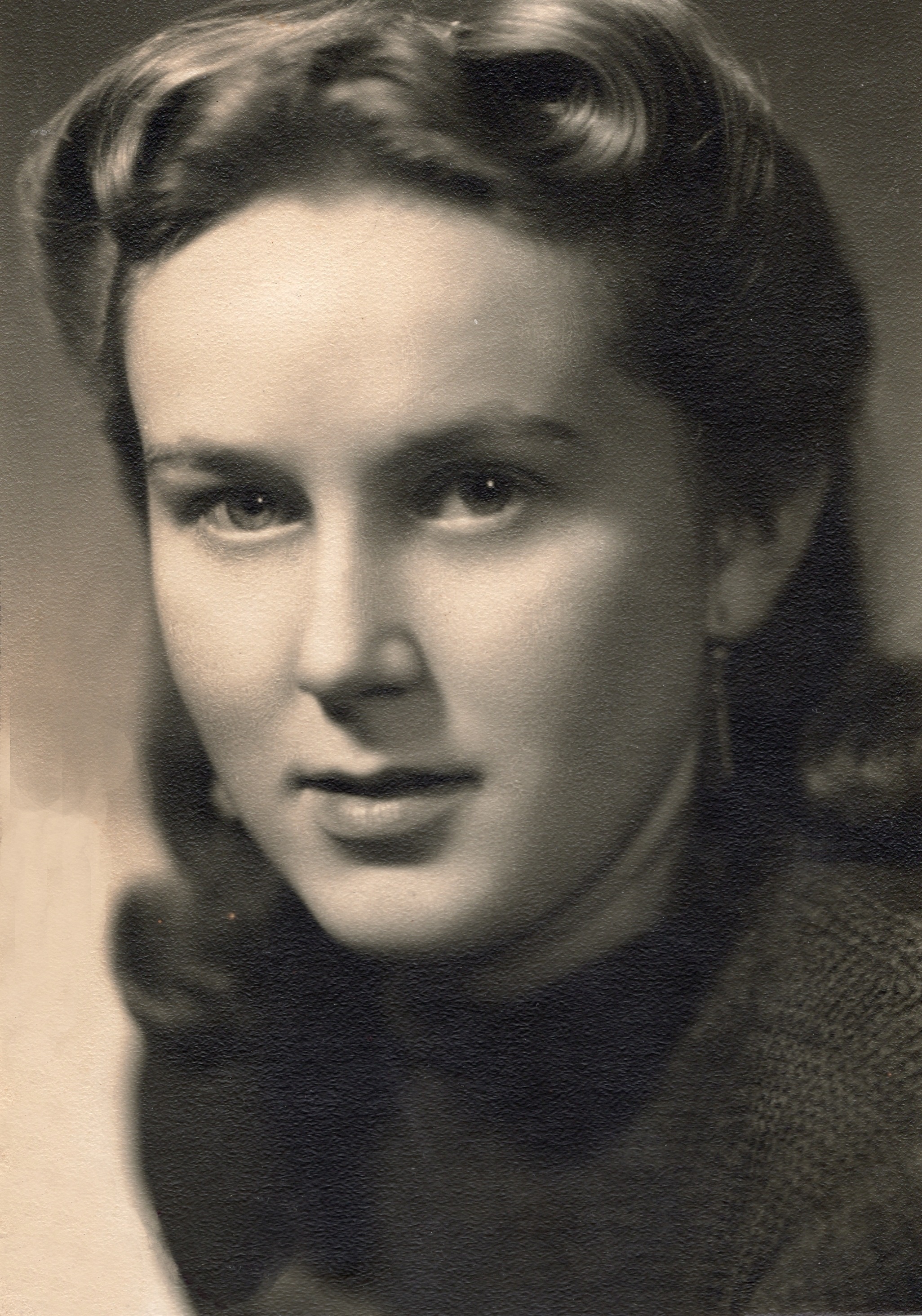The Nazis executed her brother on May 5, 1945. They mistook him for a partisan

Stáhnout obrázek
Soňa Procházková, née Uhlířová, was born on 11 March 1929 in Hradec Králové. In 1938, in connection with the worsening political situation, her parents decided to leave the big city and took refuge with her grandparents in Lužná near Jičín. Here the family lived through the whole war and because they had a farm, they had to pay for the obligatory deliveries. In order to leave more food for their children, they tried to circumvent the war regulations. In May 1945, tragedy struck the family when the brother of witness, Jaroslav Uhlíř, was shot by the Germans as a suspected partisan. The Uhlirs then moved to the borderlands, where they hoped to start a new life. In 1955, she married Antonín Procházka, but even the 1950s did not bring them peace, as two years later her husband was sentenced to ten years and imprisoned in the Vojna camp near Příbram. Sona Procházková was left alone with two small children and could see her husband only once every three years. After his release, they tried to live a peaceful life. In 2022, she lived with her husband in Hrádek nad Nisou.
















